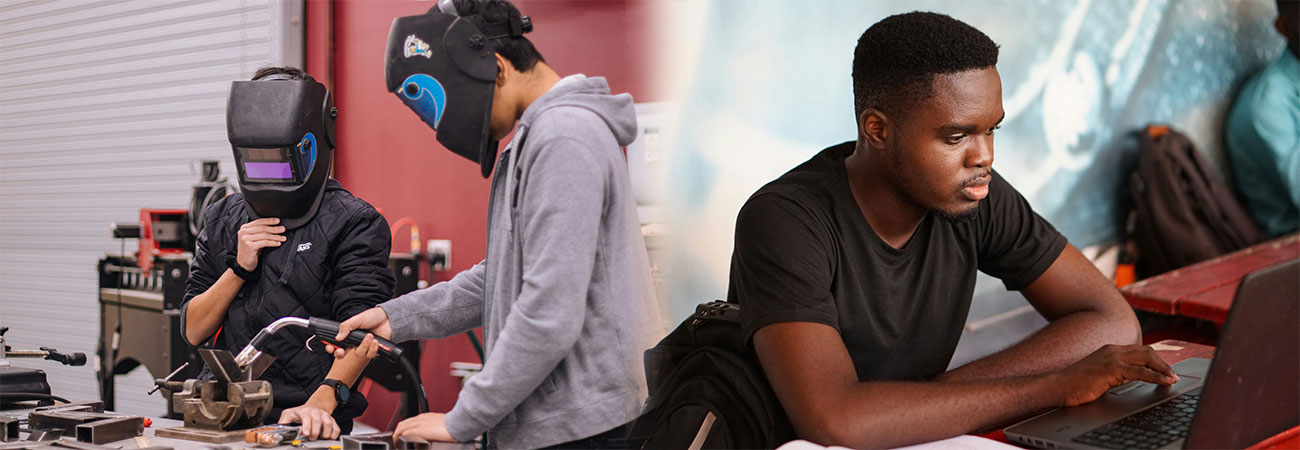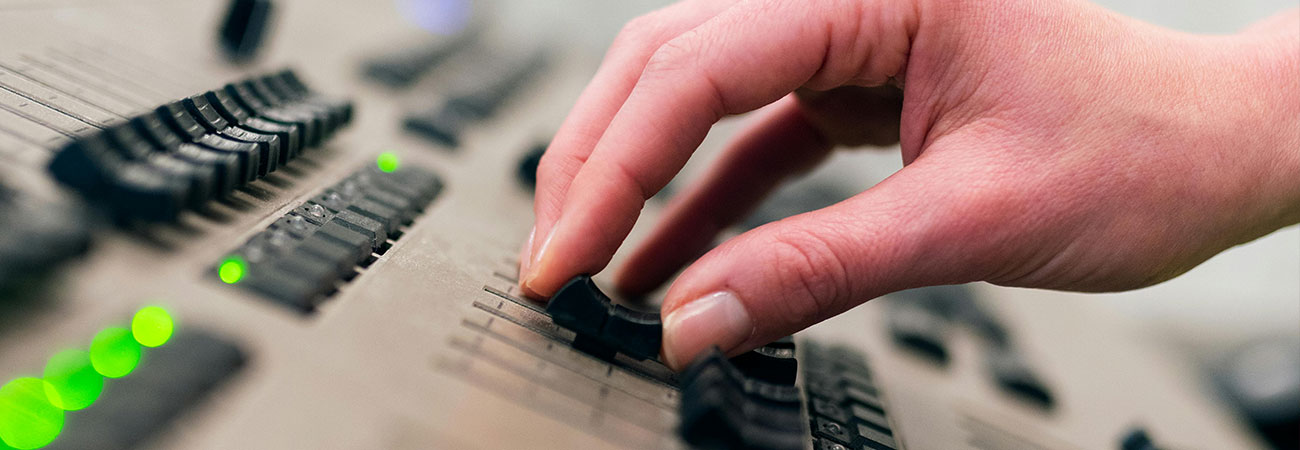
BE vs BTech: Differences
Introduction
In the real time of engineering education, two prominent undergraduate degrees often come to the forefront: the Bachelor of Engineering (BE) and the Bachelor of Technology (BTech). While both degrees aim to prepare students for successful careers in engineering, there are subtle yet significant differences between the two. This blog will decode these differences, helping prospective students make informed decisions about their educational and career paths.
1- Historical Context
2- Curriculum and Course Structure
3- Methodology
4- Duration and Course Load
5- Career Prospects and Industry Recognition
Historical Context
Origins and Evolution
The BE degree has its roots in traditional engineering education, focusing on the theoretical aspects and fundamentals of engineering sciences.
The BTech degree emerged later, designed to meet the demands of rapidly evolving technological industries with a more hands-on, practical approach.
Curriculum and Course Structure
BE Curriculum
Emphasizes a strong foundation in mathematical and scientific principles.
Includes a comprehensive study of engineering theories and concepts.
Often involves more coursework in basic sciences and engineering fundamentals.
Typically incorporates a broader range of subjects, providing a holistic understanding of engineering disciplines.
BTech Curriculum
Focuses on practical applications and technological advancements.
Includes extensive lab work, projects, and industry internships.
Often has specialized courses tailored to specific industries or technologies.
More oriented towards current industry practices and trends, preparing students for immediate employment.
Methodology
BE Teaching Approach
Emphasizes theoretical understanding and analytical skills.
Lectures and classroom teaching are predominant.
Encourages a strong grasp of engineering principles and problem-solving techniques.
BTech Teaching Approach
Focuses on practical skills and hands-on experience.
Incorporates workshops, lab sessions, and real-world projects.
Often involves collaboration with industries and exposure to modern engineering tools and technologies.

Duration and Course Load
BE Duration and Load
Typically spans four years, though some programs may vary.
Involves a balanced course load with a mix of theory and practical sessions.
BTech Duration and Load
Generally four years, but the course load may be more intensive with a focus on project work and internships.
Requires significant time commitment for hands-on learning and industry exposure.
Career Prospects and Industry Recognition
BE Graduates
Well-suited for roles that require strong analytical and theoretical skills.
Often pursued by students interested in research, academia, or further studies (e.g., MS or PhD).
Valued for their comprehensive understanding of engineering principles.
BTech Graduates
Highly sought after by industries looking for practical and immediately employable skills.
Often enter the workforce directly and excel in roles that require technical expertise and hands-on experience.
Valued for their ability to adapt to technological advancements and industry needs.
Further Education and Specialization
BE Pathways
Graduates may pursue higher education (master’s or doctoral degrees) in engineering or related fields.
Often encouraged to engage in research projects and academic careers.
BTech Pathways
Graduates can pursue specialized master’s programs or professional certifications in specific technologies or industries.
May choose to gain work experience before opting for higher studies, often in management or technical specialization.
Conclusion
Both BE and BTech degrees offer unique advantages and cater to different career aspirations and educational preferences. Understanding the differences between these two paths is crucial for students to make informed decisions about their future. Whether you prefer a strong theoretical foundation with BE or a practical, industry-focused approach with BTech, both degrees can lead to successful and fulfilling careers in engineering. Choose the path that aligns best with your goals and interests, and embark on your journey towards becoming a skilled engineer.
Final Thoughts
Selecting between BE and BTech is a significant decision that can shape your career trajectory. Consider your strengths, career goals, and learning preferences when making this choice. Whichever path you choose, dedication and passion for engineering will be the key to your success.

